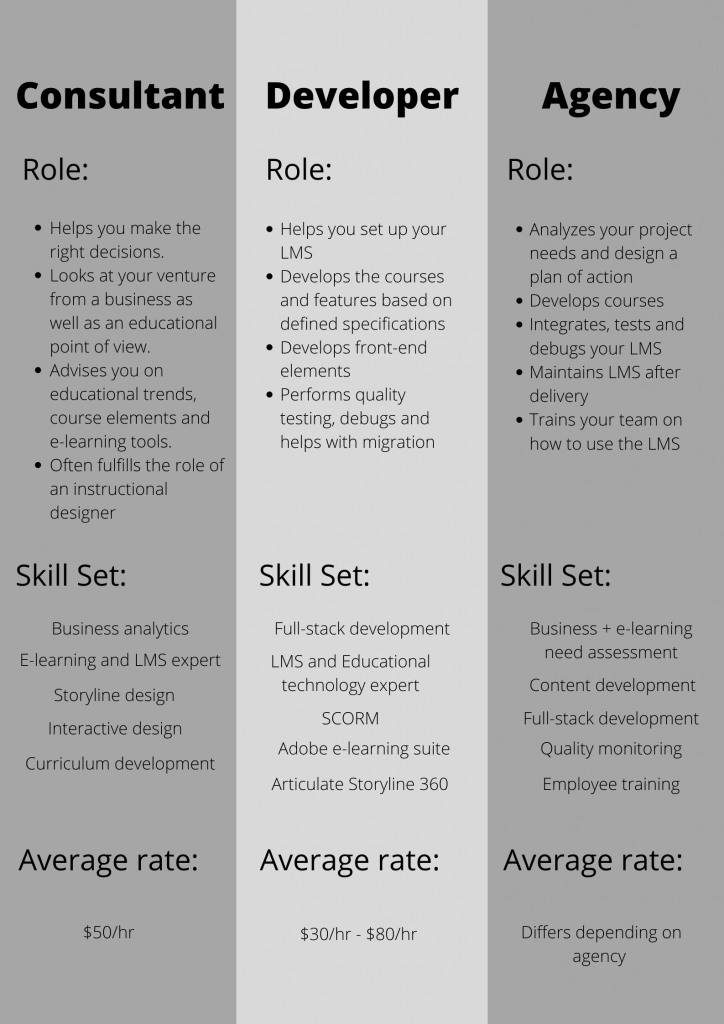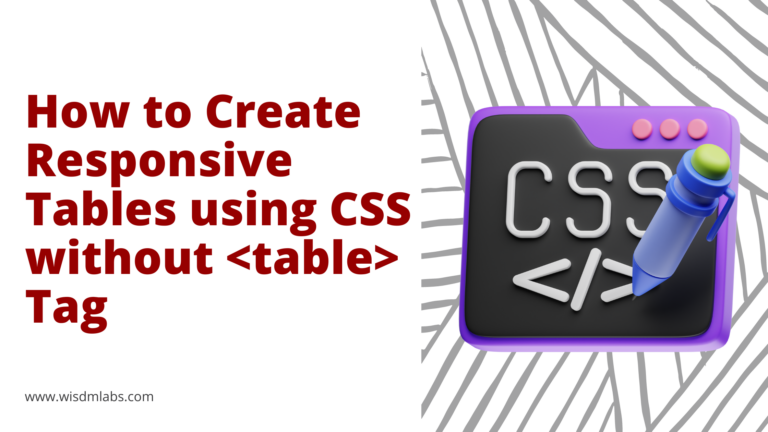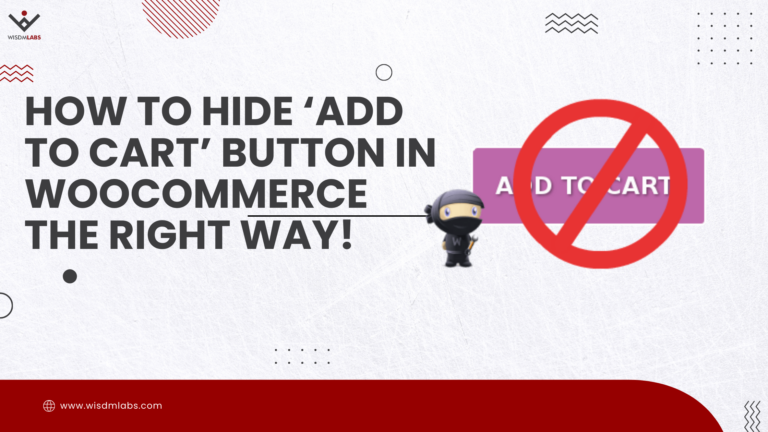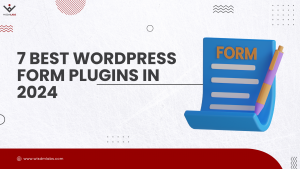So, you’ve decided to take the e-route and move your training business online. It’s a daunting task and it’s natural to feel overwhelmed.
But that’s easily fixable, right? You’ll just bring on someone to help you out!
A quick internet search and…..you have no clue who you actually need to hire.
Should you hire a consultant? But wait…do consultants also build features or do you need a developer for that? Maybe hiring an agency is easier? What is the difference!?!
We get it, it’s confusing!
Which is why, in this article, we take a look at what all of these people do and hopefully help you decide which one fulfills your e-learning needs best.
Let’s get started!
[lwptoc]
E-Learning Consultant vs Freelance Developer vs Agency
Let’s start by taking a look at each of these profiles.
The Consultant
An e-learning consultant is an expert in your niche. She has worked in the e-learning industry for a while. Therefore, she can look at your project with a critical eye. She analyzes your needs and helps you make the right decisions.
She outlines lessons in a way that helps your students learn better and suggests technologies and tools that can be implemented. At the same time, takes into consideration the market and its needs.
The Developer
The developer takes your instructions and implements what you need. In terms of e-learning, this could involve building the courses and all the interactive elements. He is proficient in the technologies being used for your e-learning project.
He is the one that integrates and sets up your LMS. But he works off your specifications, focusing on how to best implement functionalities rather than the ideation of them.
The Agency
An eLearning development agency helps create your e-learning system from start to finish. From analyzing your technical and business needs to integrating and testing your LMS. An agency will chart out the process based on your cues and inputs.
And then their in-house developers will develop your e-learning system based on these specifications. An agency is a mix of consultants and developers. They focus on the business, technical as well as educational aspects of your e-learning system.
Here’s a handy table you can use to compare the three:

Now that we’re a little more familiar with our three profiles, let’s start answering the real questions:
Should you hire a Consultant?
A prominent reason why you should hire an e-learning consultant is the expertise they bring to the table. Their expertise can be a great asset, especially when you’re exploring an unknown niche.
If you were to train your in-house team for an e-learning project, it will take significant time and resources for them to develop expertise in the field. Instead, you can hire a consultant for the duration of the project.
Bringing on a consultant can help you get your e-learning website off on the right foot.
But a consultant doesn’t just offer advice. You often see “instructional design’’ as a skill that most consultants offer. The role of an instructional designer is to gather data by studying the target market, understanding its learning needs, and talking to subject matter experts. And then creating storyboards and instructions for your lessons.
A consultant might also suggest interactive elements you can integrate or tools you can use to set up your e-learning system.
When you’re in the initial stages of building your e-learning courses and need someone to validate your decisions or steer the project in the right direction, hiring a consultant is a good idea.
Sometimes, consultants also develop e-learning courses, but often they are only part of the ideation process and help you fine-tune the details.
Pros of hiring a consultant
- Hiring a skilled worker on a short term basis can help you save time and money in the long run
- They lend their knowledge of the industry to the team and help you make the right decisions
- They help you build your e-learning system with an eye on the educational as well as business aspects
- Unlike an agency, you’re only communicating with one person, which makes it easier to integrate them into your existing team.
- They usually work on fewer projects at a time so can be more involved
Cons of hiring a consultant
- They might only have knowledge of their particular niche.
- Consultants often charge by the hour and might be expensive.
- The back and forth to consult them on all decisions might be time-consuming and extend your development process.
- You need to have inhouse developers or hire freelancers to actually set up the lessons
Should you hire a freelance developer?
When you have a clear understanding of what you need, but not of how to bring it to fruition, hire a developer.
A developer will take the specifications you define and implement it. They can help you integrate your LMS, develop the front-end, set up gamification features and ensure good user experience.
An e-learning developer, specifically, will take your course material and convert it into engaging and interactive lessons based on your guidelines.
But unlike an instructional designer, the primary goal of an e-learning developer is to implement the instructions that you provide. The learning experience of the students often takes a back seat.
If you need someone who handles both instructional designs as well as e-learning development you might be looking for an LX Designer.
A developer is a great choice when you have the ideation part figured out and need someone to help you out with implementing it.
Pros of hiring a Developer
- They help you easily convert your course material into interactive lessons.
- They help you integrate your LMS.
- Can help you implement the idea in your head and bring your vision to life.
- A good developer can ensure faster and more efficient development.
Cons of hiring a Developer
- Might not be an expert in all the technologies you need.
- Needs you to take on the role of instructional designer or hire one separately.
Should you hire an Agency?
An e-learning agency is a group of experts that include instructional designers, e-learning developers, industry experts and more.
If this is your first venture into the e-learning space, hiring an agency could be a good idea.
Instead of creating and training a separate team from scratch, you can hire an agency. They already have an existing team of experts and can act as an extended part of your company.
And if you don’t have a continued need of a staff trained in e-learning, or if you don’t have the time to be fully involved in the project, an agency is a good choice.
They come up with the lesson plans while following the best learning practices as well as looking at the business side of things. In addition to that, they set up your LMS and develop your courses as well as test them out. And often even train your staff about how to maintain it. All you have to do is give your inputs.
It’s a good one-stop solution for all your needs.
Pros of hiring an Agency
- All-in-one solution for setting up your e-learning website.
- You don’t have to hire different people for different jobs
- Will take care of setting up an e-learning system start to finish
- Your involvement is limited to specifying requirements and approving prototypes
- You can save time and effort spent on coordinating between experts, designers and developers
Cons of hiring an Agency
- Hiring an agency can be expensive if you have a thrifty budget
- An agency works on a lot of projects at a time
- The limited involvement might be an issue for some
Parting Words
At the end of the day, how good your e-learning course turns out depends upon the people that create it. So it’s important to pick wisely.
The profiles we mention here are broad. And often people have a varied skill set that belongs partially to different profiles. It’s important to understand what exactly your requirements are from the person you hire and what you want them to help you achieve. And vet all your candidates accordingly.
Hopefully, this article has given you a clearer idea and a nudge in the right direction.
Please let us know if you have any questions. We’d be happy to answer! And if you have points to add, do leave us a comment down below.










